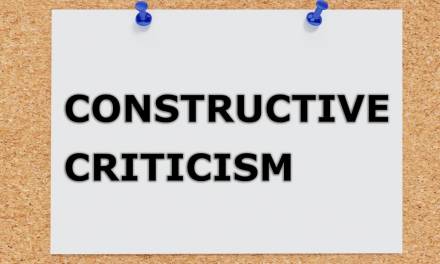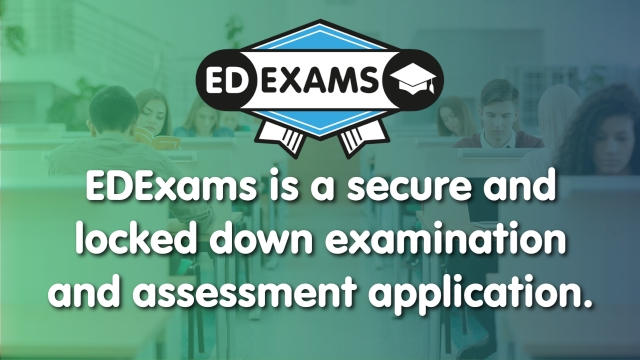“What grade did I get?”
“Did I get a B/6?”
“How am I doing?”
These are the common questions posed by students up and down the UK – each of which focus on a narrow view of their academic performance.
Switching the line of thinking to one of constant progression, rather than the next milestone grade, is important. We need not look far to see just how positive effective feedback can be.
One evaluation of AfL indicated an impact of half of a GCSE grade per student per subject is achievable, which would be in line with the wider evidence about feed.
Yet just as important, if not more so, is avoiding feedback that’s vague, as research shows that this can do significant harm.
A model of feedback is then proposed that identifies the particular properties and circumstances that make it effective, and some typically thorny issues are discussed, including the timing of feedback and the effects of positive and negative feedback. Finally, this analysis is used to suggest ways in which feedback can be used to enhance its effectiveness in classrooms.
How to provide constructive criticism – Five simple tips
1. Always be constrained
Where a student has overcome an especially big hurdle it can seem the natural thing to do to react with plenty of positivity.
Yet this reaction can actually lead to feelings of low expectation, in turn resulting in a student who is demotivated.
2. Be specific
During the teenage years, an individual’s brain is undergoing massive restructuring, leading to teenagers who often find it tough to understand the perspectives of others.
Because of this, you need to remove feedback that is even remotely subjective – such as saying a piece of work was “excellent”.
Instead, always be specific – stating exactly what they did that was deemed “excellent”.
3. Step away from comparisons
Comparisons, whether good or bad, are not helpful to a student’s development, with studies showing that it can lead to lower confidence, poor emotional control, decreased academic performance and increased anxiety.
While negatively comparing underperformance is obviously harmful, recent research has shown that the opposite – being positively compared to other students – can lead to narcissistic traits.
4. Expand on process rather than natural academic ability
All feedback should be focused solely on effort rather than natural intelligence – something that leads to more motivated students who are driven by something that can be improved within a reasonable time frame (compared to intelligence, which is innate and can only be improved upon over years, rather than weeks or months).
86% of children who had been praised for their natural ability asked for information about how their peers did on the same task. Only 23% of children who had been praised for effort asked for this type of feedback, with the vast majority of them asking for feedback about how they could do better.
5. Close the feedback with crystal-clear action points
Constructive criticism should provide concrete steps as to what could be done differently, and how the student can take action to improve their performance next time.
Make it detailed, make it specific – and refresh yourself on the ‘What makes great teaching?’ report, which broke down the ways in which feedback should lead to behavioural change.











